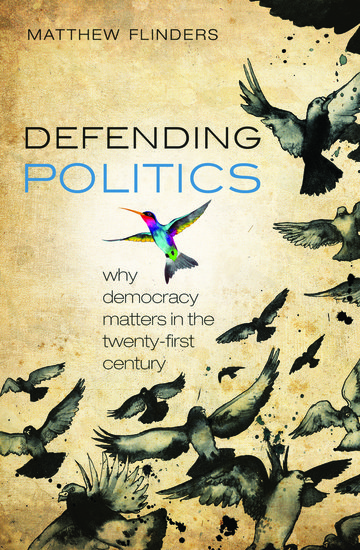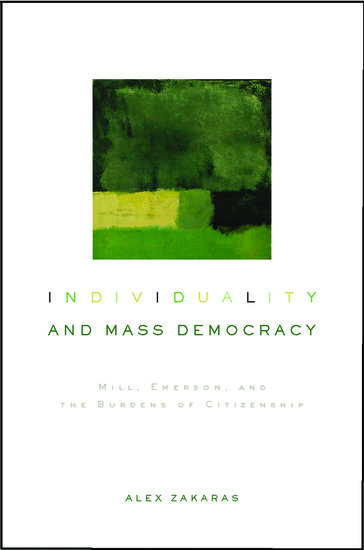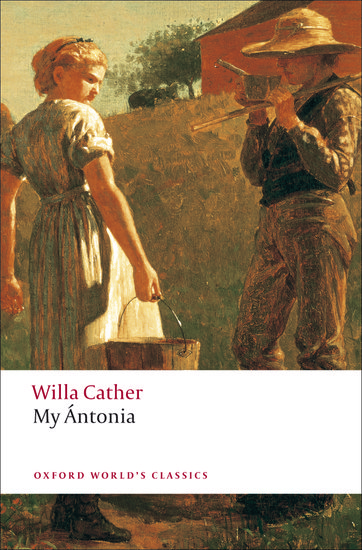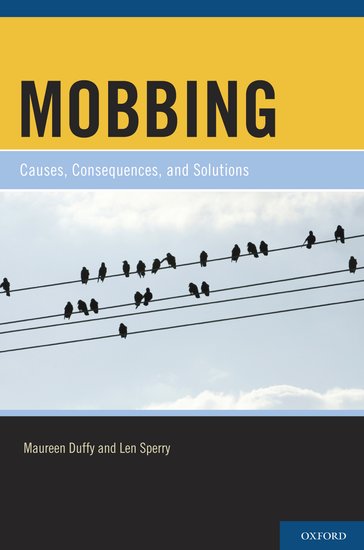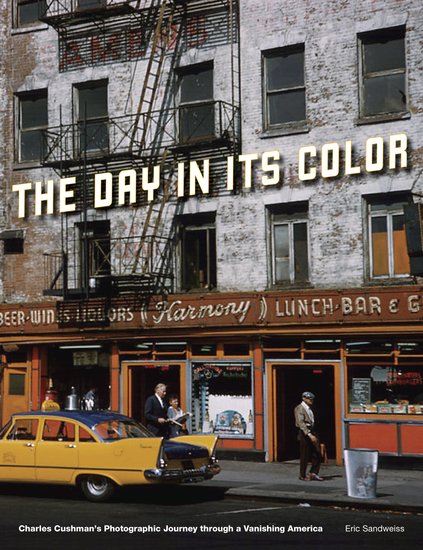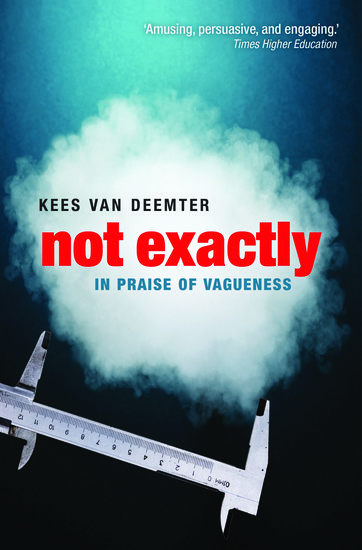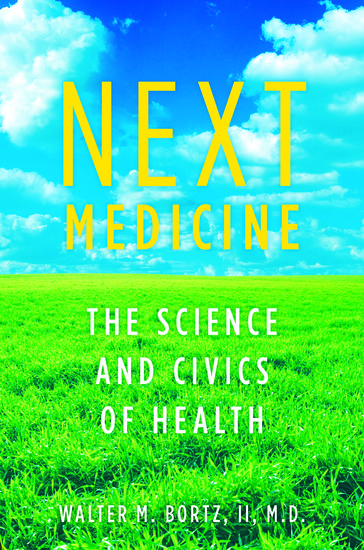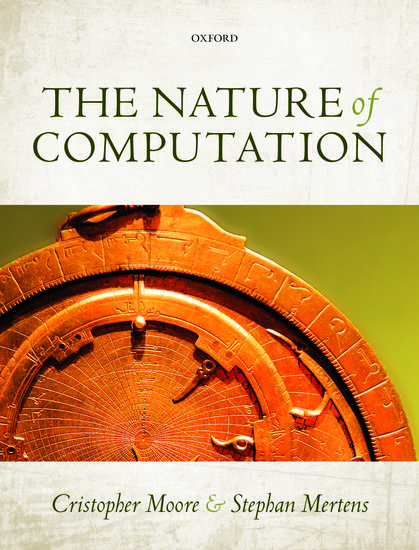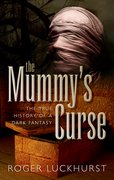Democracy as concentration
By Matthew Flinders
Nietzche’s suggestion that “When the throne sits upon mud, mud sits upon the throne” is a powerful phrase that has much to offer the analysis of many political systems in the world today, but my sense is that it is too crude, too raw, and too blunt to help us understand the operation of modern forms of democratic governance. It is certainly not a phrase that enters my mind when I reflect upon the election and presidency of Barack Obama. American democracy is, just like American society, far from perfect. Yet to see democracy as some form of social distraction or to define elections as meaningless risks descending into nihilism.

